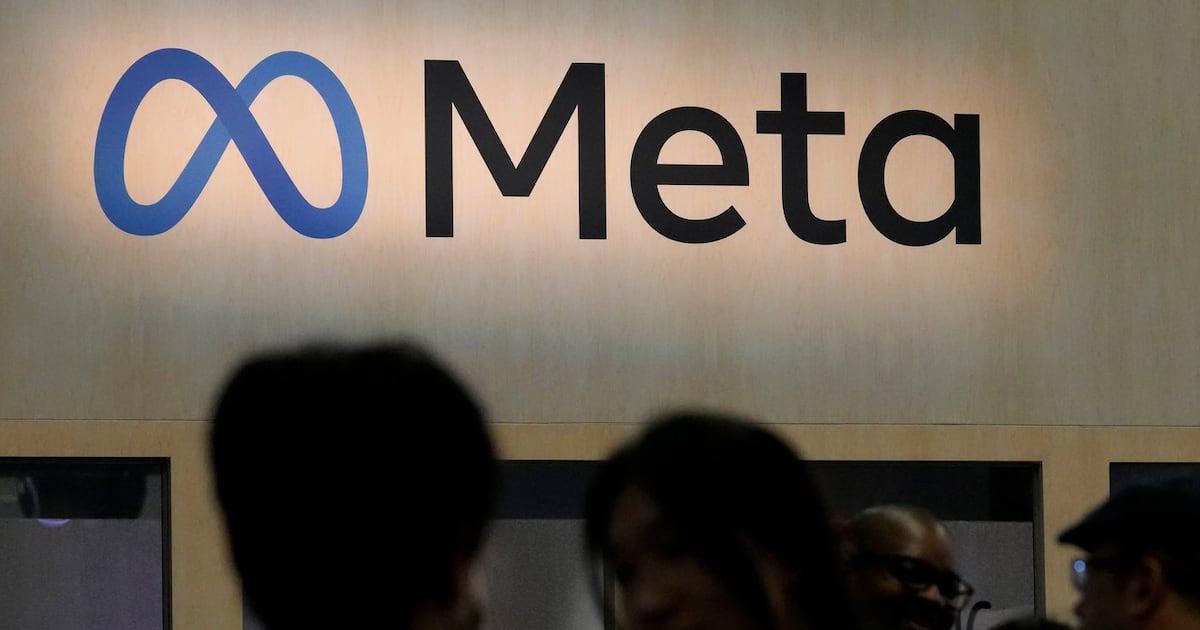Science
Meta Allegedly Concealed Research Linking Social Media to Harm

A recent court filing reveals that Meta Platforms, Inc. allegedly discontinued internal research into the mental health impacts of its products, Facebook and Instagram, after discovering evidence suggesting they could be harmful to users. This information surfaced in unredacted documents filed in a class action lawsuit by U.S. school districts against Meta and other social media companies.
In a study referred to as “Project Mercury,” conducted in 2020, Meta collaborated with survey firm Nielsen to evaluate the effects of disabling Facebook and Instagram on users. According to internal documents, participants who refrained from using Facebook for a week reported significant reductions in feelings of depression, anxiety, loneliness, and social comparison. Despite these findings, which contradicted the company’s interests, Meta reportedly halted further research and opted not to publish the results. Internal communications suggested that Meta leadership believed the negative conclusions were influenced by the prevailing media narrative surrounding the company.
Nick Clegg, then-head of global public policy at Meta, received assurances from staff about the validity of the research. One unnamed researcher expressed concern that suppressing these findings might parallel the actions of the tobacco industry, which historically concealed information about the health risks of smoking. The filing asserts that despite recognizing a causal relationship between its platforms and adverse mental health effects, Meta publicly claimed it could not quantify the harm its products posed to teenage users.
In response to the allegations, Meta spokesman Andy Stone stated that the study was terminated due to methodological flaws. He emphasized the company’s long-term commitment to enhancing user safety, particularly for teenagers, and asserted that the firm had made substantial changes based on feedback from parents and ongoing research efforts.
Allegations of Concealment and Misrepresentation
The claims against Meta form part of a broader lawsuit initiated by the law firm Motley Rice, which is representing various school districts against Meta, Google, TikTok, and Snapchat. The plaintiffs contend that these companies have systematically obscured recognized risks associated with their products from users, parents, and educators.
The allegations include charges that these platforms encourage children under the age of 13 to create accounts, fail to adequately address child sexual abuse material, and seek to increase social media usage among teenagers during school hours. Furthermore, the plaintiffs suggest that social media companies attempted to financially influence child-focused organizations to publicly advocate for the safety of their products. For instance, TikTok allegedly sponsored the National PTA and boasted internally about its leverage over the organization, indicating it would “do whatever we want going forward.”
While the allegations against Meta are particularly detailed, those concerning its competitors, such as TikTok and Google, lack the same level of specificity. The internal documents cited in the filing are not publicly available, and Meta has filed a motion to prevent their release, arguing that the plaintiffs’ request is overly broad.
Stone has maintained that the allegations misrepresent the company’s efforts to create safety features for teenagers and parents, calling its safety initiatives effective. A hearing regarding the ongoing case is scheduled for January 26 in the Northern California District Court.
As discussions about social media’s impact on mental health continue to gain traction, this case could further illuminate the responsibilities of tech companies in safeguarding their users, particularly vulnerable populations such as children and adolescents.
-

 Politics3 weeks ago
Politics3 weeks agoSecwepemc First Nation Seeks Aboriginal Title Over Kamloops Area
-

 World4 months ago
World4 months agoScientists Unearth Ancient Antarctic Ice to Unlock Climate Secrets
-

 Entertainment5 months ago
Entertainment5 months agoTrump and McCormick to Announce $70 Billion Energy Investments
-

 Lifestyle4 months ago
Lifestyle4 months agoTransLink Launches Food Truck Program to Boost Revenue in Vancouver
-

 Science5 months ago
Science5 months agoFour Astronauts Return to Earth After International Space Station Mission
-

 Technology3 months ago
Technology3 months agoApple Notes Enhances Functionality with Markdown Support in macOS 26
-

 Top Stories2 months ago
Top Stories2 months agoUrgent Update: Fatal Crash on Highway 99 Claims Life of Pitt Meadows Man
-

 Lifestyle3 months ago
Lifestyle3 months agoManitoba’s Burger Champion Shines Again Amid Dining Innovations
-

 Politics4 months ago
Politics4 months agoUkrainian Tennis Star Elina Svitolina Faces Death Threats Online
-

 Sports5 months ago
Sports5 months agoSearch Underway for Missing Hunter Amid Hokkaido Bear Emergency
-

 Politics4 months ago
Politics4 months agoCarney Engages First Nations Leaders at Development Law Summit
-

 Technology5 months ago
Technology5 months agoFrosthaven Launches Early Access on July 31, 2025





















